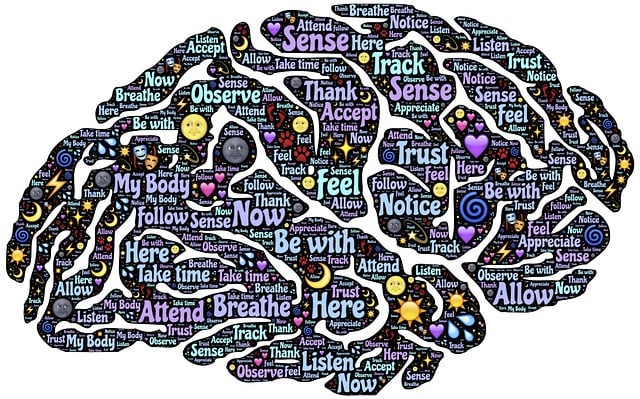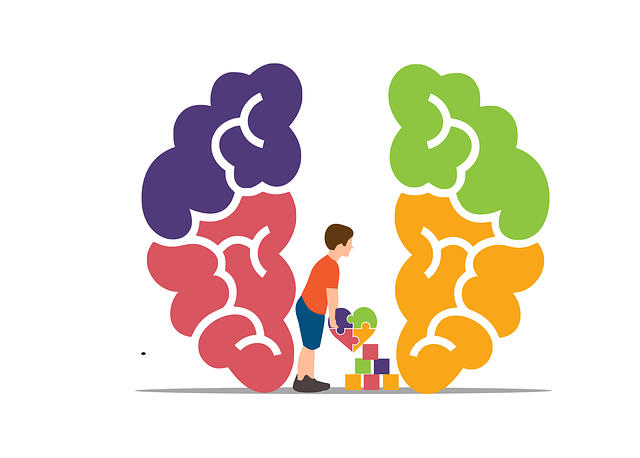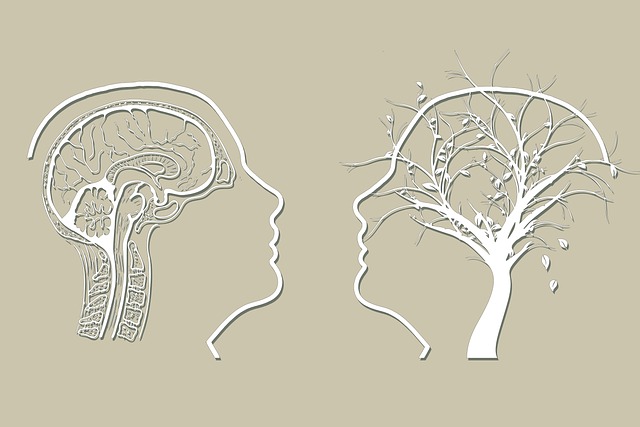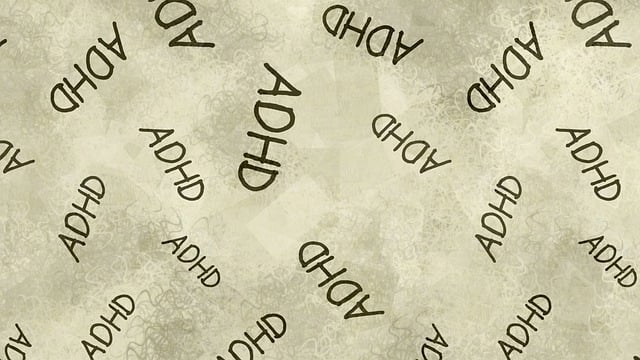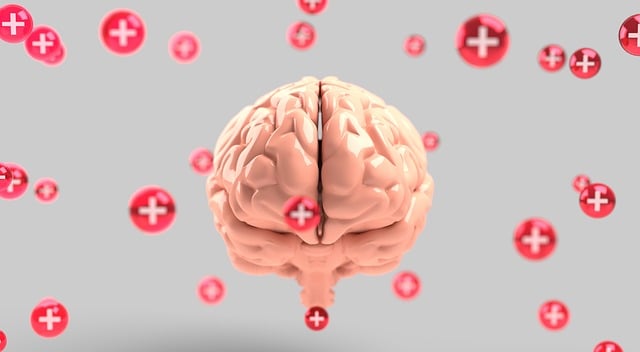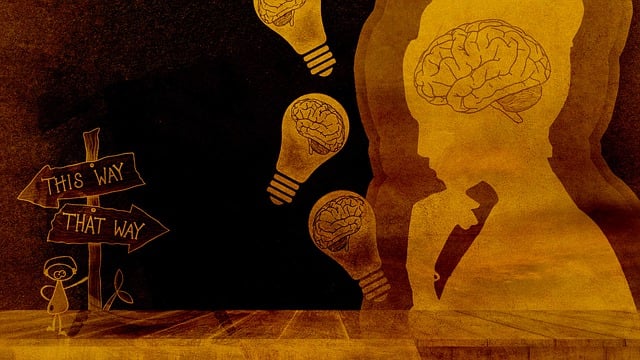Mental health education in Arvada combines awareness raising, myth busting, and interactive learning, focusing on common issues like anxiety, depression, and stress management. This includes introducing trauma healing techniques such as Somatic Experiencing Therapy (SET), which emphasizes the mind-body connection through hands-on practices. Integrating social skills training enhances resilience and open communication, while SET tools like Mental Wellness Journaling Exercises empower individuals to manage their mental health journeys effectively. Programs for mental health professionals in Arvada combine theoretical knowledge with practical techniques, including trauma-informed care and crisis intervention, fostering deeper understanding and commitment to best practices.
“Uncovering the foundations of mental wellness begins with comprehensive education. This article explores the strategic design of a powerful mental health program, focusing on increasing awareness and providing practical tools for resilience. We delve into the integration of Arvada Somatic Experiencing Therapy (SET), a hands-on approach proven to facilitate healing. By combining theoretical knowledge with interactive strategies, this program aims to empower individuals with the skills needed to navigate their mental health journey effectively.”
- Understanding Mental Health: Building a Foundation of Awareness
- Integrating Somatic Experiencing Therapy (SET): A Hands-on Approach
- Designing an Educational Program: Engaging and Effective Strategies
Understanding Mental Health: Building a Foundation of Awareness

Mental health education programs begin by establishing a solid foundation of awareness about various mental health conditions and their impact on individuals’ lives. This initial step is crucial in dispelling myths and misconceptions prevalent in society, fostering empathy, and encouraging early intervention. By providing accessible information about common issues such as anxiety relief, depression, stress management, and trauma healing techniques like Somatic Experiencing Therapy (a specialized approach used by many professionals in Arvada), participants gain a better understanding of mental wellness and illness.
Such educational initiatives often incorporate interactive elements, including group discussions, case studies, and role-playing scenarios, to engage learners actively in the process. This hands-on learning facilitates better comprehension and encourages individuals to share their experiences openly. Moreover, integrating topics related to social skills training can create a supportive environment where participants learn effective communication strategies, build resilience, and develop coping mechanisms for managing mental health challenges, ultimately contributing to improved mental wellness coaching programs’ development and effectiveness.
Integrating Somatic Experiencing Therapy (SET): A Hands-on Approach

Integrating Somatic Experiencing Therapy (SET) into mental health education programs offers a powerful hands-on approach to enhancing emotional well-being. This therapy, popularized by Dr. David K. Berens, focuses on the mind-body connection and is particularly relevant in today’s fast-paced world where stress and anxiety are prevalent. By incorporating Arvada Somatic Experiencing Therapy into curricula, educators can empower students with practical tools to navigate their mental health journeys effectively.
The core principles of SET, such as Mind Over Matter, encourage individuals to cultivate self-awareness and understanding through physical sensations. Communication strategies play a pivotal role in this process, enabling participants to interpret and express their emotional responses accurately. Additionally, Mental Wellness Journaling Exercises can be designed to complement SET practices, providing students with a space to reflect on their experiences and track their progress over time.
Designing an Educational Program: Engaging and Effective Strategies

When designing an educational program focused on mental health, engaging and effective strategies are paramount. Incorporating practical exercises like those used in Arvada Somatic Experiencing Therapy (SEAT) can significantly enhance learning. These hands-on approaches, such as trauma-informed care techniques and crisis intervention guidance, allow participants to immediately apply what they’ve learned, fostering a deeper understanding and commitment to mental health practices.
The program should also prioritize compassion cultivation practices, which not only improve the therapist’s well-being but also enhance their ability to connect with clients. Additionally, integrating risk assessment techniques for mental health professionals is crucial to ensure participant safety and prevent potential crises during the training. By balancing theoretical knowledge with interactive activities, the educational program becomes a dynamic environment that prepares future therapists to navigate complex mental health scenarios effectively.
Mental health education programs play a vital role in fostering well-being and resilience. By combining awareness-building initiatives with practical therapeutic methods, such as Integrating Somatic Experiencing Therapy (SET), we can create engaging and effective learning experiences. The strategies outlined, including those from the successful Arvada Somatic Experiencing Therapy program, offer a roadmap for designing comprehensive mental health education that empowers individuals to navigate life’s challenges with greater confidence and emotional intelligence.
